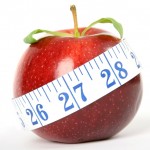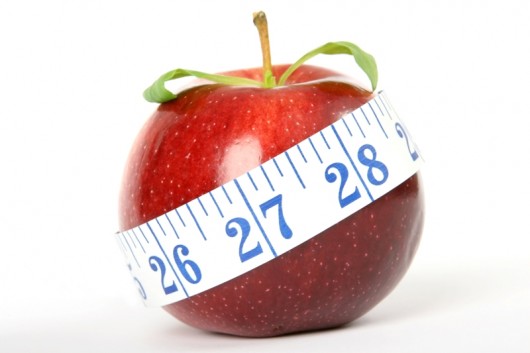Which Fruit Has The Most Phosphorus?
Phosphorus
Phosphorus is both a chemical element and a mineral nutrient that is vital to human, animal and plant life. Phosphates are salts that contain phosphorus and other minerals. Phosphorus derivatives and compounds are used commercially as components of fertilizer and also as food additives and leavening agents. Most of the foods we eat contain phosphorus.
Phosphorus In Our Body
Phosphorus is second only to calcium as the most plentiful mineral in the human body. Eighty-five percent of phosphorus is found in bones and teeth, but it is present in every cell of the body. It is even found in bodily fluids, cell membranes and DNA. The presence of phosphorus is necessary for the utilization of other nutrients such as: calcium, magnesium, iron, sodium and potassium.
Phosphorus is essential to many bodily functions. Its main purpose is to combine with calcium and assist the formation of healthy bones. Phosphorus also enables the body to convert carbohydrates into energy, helps synthesize proteins and aids in both the growth and repair of cells and tissues. It helps maintain a regular heartbeat and also assists in muscle contraction, kidney function and nerve conduction.
The recommended intake of phosphorus for a healthy adult is 700mg per day. Since most foods contain this mineral, deficiency is uncommon. However, certain medications, calcium carbonate supplements and antacids can cause low phosphorus levels. Deficiency may result in weight loss, poor bone growth, bone pain, poor nerve and brain function, skin sensitivity and brittle hair and nails.
The kidneys rid the body of excess phosphorus, so toxic levels are not common in those with healthy kidneys. An excess of carbonated drinks in the diet can lead to higher than normal levels; this may increase the risk of heart disease and cause brittle bones and diarrhea.
Top Fruits For Phosphorus Content
The amounts of Phosphorus are given for 100g of each fruit.
1 Blackcurrant 66,10 mg
2 Pumpkin 44,00 mg
3 Redcurrant 44,00 mg
4 Guava 40,00 mg
5 Elderberry 39,00 mg
6 Durian 39,00 mg
7 Mulberry 38,00 mg
8 Pomegranate 36,00 mg
9 Kiwi 34,00 mg
10 Lychee 31,00 mg
11 Raspberry 29,00 mg
12 Tomato 29,00 mg
13 Carrot 28,00 mg
14 Gooseberry 27,00 mg
15 Cucumber 24,90 mg
16 Strawberry 24,00 mg
17 Apricot 23,00 mg
18 Banana 22,00 mg
19 Blackberry 22,00 mg
20 Cherry (sweet) 21,00 mg
21 Peach 20,00 mg
22 Tangerine 20,00 mg
23 Grapefruit 18,00 mg
24 Lime 18,00 mg
25 Plum 16,00 mg
26 Lemon 16,00 mg
27 Melon (Cantaloupe) 15,00 mg
28 Orange 14,00 mg
29 Fig 14,00 mg
30 Passion Fruit 13,00 mg
31 Cranberry 13,00 mg
32 Blueberry 12,00 mg
33 Watermelon 11,00 mg
34 Apple 11,00 mg
35 Pear 11,00 mg
36 Mango 11,00 mg
37 Jackfruit 10,10 mg
38 Grape 10,00 mg
39 Mangosteen 8,00 mg
40 Papaya 5,00 mg
41 Pineapple 2,20 mg


